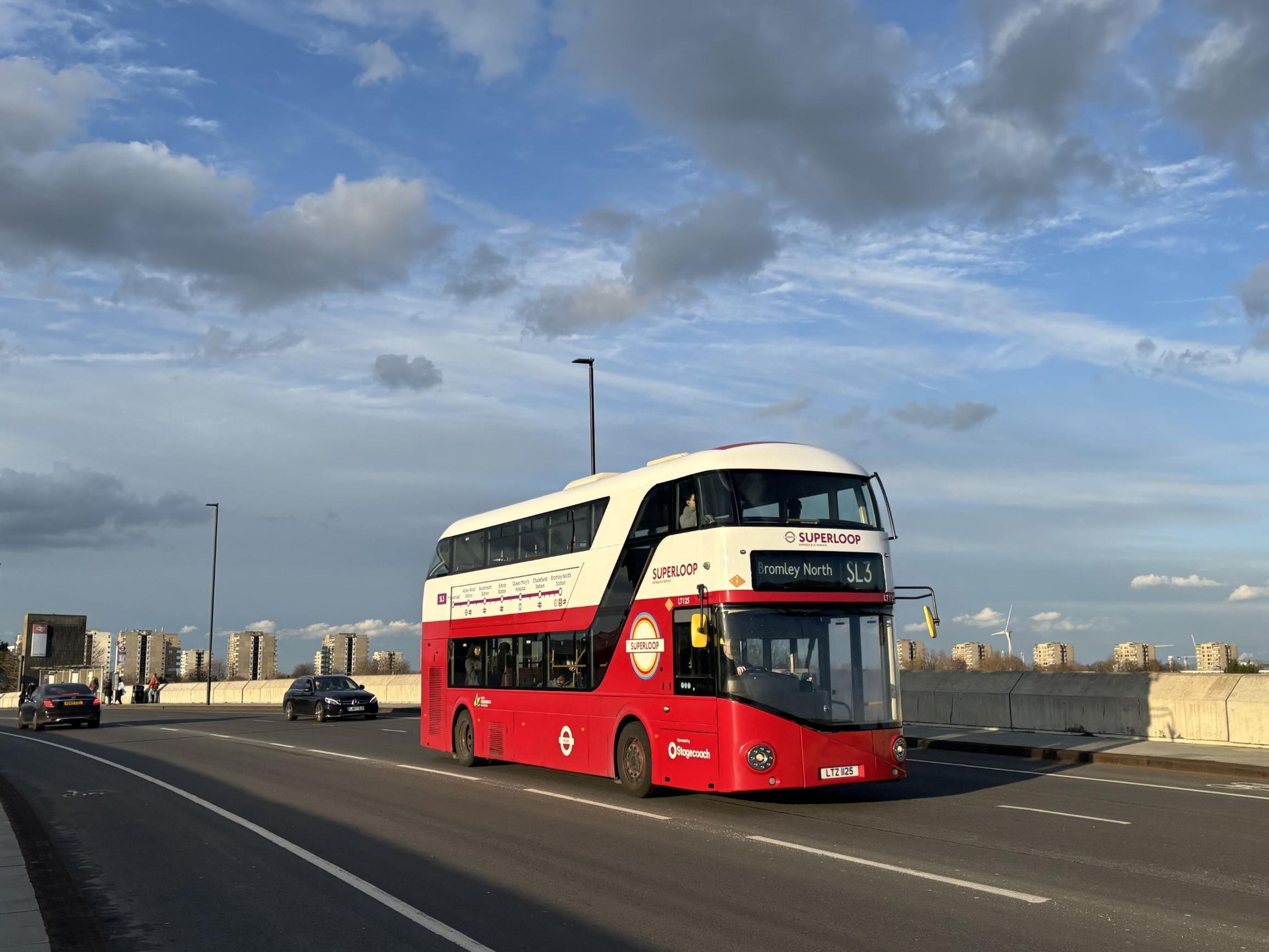

Transport for London (TfL) says it is working with the Government to secure “longer-term” capital funding to invest in infrastructure to support jobs and growth throughout the UK and open up new areas for development. This was among the issues considered by the TfL Board at a meeting last week.
However, the DfT would not disclose when details of new funding would be announced.
A DfT spokesperson told LTT: “The success of the London transport network is critical for both the capital’s and the UK’s economy. We’re working with the Mayor of London on funding plans for transport in the capital, providing value for money and lasting benefits for the public.”
With fares income seriously impacted by the pandemic, TfL required extraordinary funding under a series of funding agreements from the DfT.
The Board said it has now achieved “operational financial sustainability”, but added that it still requires Government funding for new major projects and replacing significant assets such as rolling stock, signalling and major road structures.
“In 2023/24, we achieved the historic milestone of delivering an operating surplus, delivering on the Government’s target for TfL becoming operationally financially sustainable,” said TfL.
“The Mayor’s decision to freeze TfL fares until March 2025 further helps to support Londoners struggling with the cost of living and also diversifies TfL’s income sources as it was funded by additional Mayoral funding to TfL,” it added.
TfL said its investment programme reflects the “close relationship” between land-use and transport and the need to unlock sustainable jobs and homes across the capital.
“This year we enhanced London’s bus network, especially in outer London and have delivered the Superloop in stages. Housing remains one of London’s greatest challenges and last year our property company, Places for London, will soon reach the milestone of 1,000 new homes and has built or started more than 4,300 new homes with a target of 20,000 by 2031.”
The Board also considered the impact of the expansion of the ULEZ (Ultra Low Emission Zone) across all London boroughs in August 2023, alongside a series of measures to support Londoners including a £210m scrappage fund.
TfL said it is too soon to fully assess the air quality impacts, but pointed out that the vehicle compliance rate is 95.8%.
The pandemic has clearly affected some travel patterns, with greater recovery of pre-pandemic demand on the Tube at weekends and between Tuesday and Thursday, compared to Monday and Friday, TfL said.
One of the “legacies” of the pandemic has been a 6.3% rise in cycling trips compared with 2022. In terms of “active, efficient and sustainable mode share”, which includes public transport, there rom 62.3% in 2022. Mayor Sadiq Khan has set a target for this to rise to 80% by 2041 target.
“The overall number of trips being made, including public transport trips, remains below pre-pandemic levels, and therefore progress on this metric – even as cycling trips have increased – has been hampered,” TfL said.
“Other factors, including the cost of living, hybrid working and a lower than forecast population have also affected travel patterns and are likely to continue to do so.”
Currently, over 17% of the capital’s bus fleet operates with zero-emission buses, with TfL saying it has exceeded our target of having 1,400 zero emission buses by the end of March 2024. It predicts to being “on track” to have a fully zero-emission bus fleet by 2034, “with opportunities being assessed to accelerate to 2030”.
Streets on the capital have been made safer by the roll-out of another 65km of 20mph speed limits across roads in Greenwich, Kensington and Chelsea, Lewisham, Southwark, Wandsworth, Merton, Bromley and Lambeth, TfL said.
It added: “Each year in London, more than 1,000 people are injured or killed by drivers exceeding the speed limit. Lowering speed limits is a key part of the Mayor’s Vision Zero goal to eliminate death and serious injury from London’s transport network and has positive safety benefits.
TfL hit its target of a 6% rise in passenger journeys from the end of 2022/23. Passenger levels were boosted by the launch of end-to-end services on the Elizabeth line, the launch of the full Superloop orbital bus service and the ‘Off-peak Fridays’ trial, TfL figures show.
The new Superloop improved bus services in outer London, improving access to jobs and housing whilst boosting bus use, says TfL.
Bus services performed well overall in 2023/24 with an increase in kilometres travelled and income generated, the Board were informed.

TransportXtra is part of Landor LINKS
© 2025 TransportXtra | Landor LINKS Ltd | All Rights Reserved
Subscriptions, Magazines & Online Access Enquires
[Frequently Asked Questions]
Email: subs.ltt@landor.co.uk | Tel: +44 (0) 20 7091 7959
Shop & Accounts Enquires
Email: accounts@landor.co.uk | Tel: +44 (0) 20 7091 7855
Advertising Sales & Recruitment Enquires
Email: daniel@landor.co.uk | Tel: +44 (0) 20 7091 7861
Events & Conference Enquires
Email: conferences@landor.co.uk | Tel: +44 (0) 20 7091 7865
Press Releases & Editorial Enquires
Email: info@transportxtra.com | Tel: +44 (0) 20 7091 7875
Privacy Policy | Terms and Conditions | Advertise
Web design london by Brainiac Media 2020